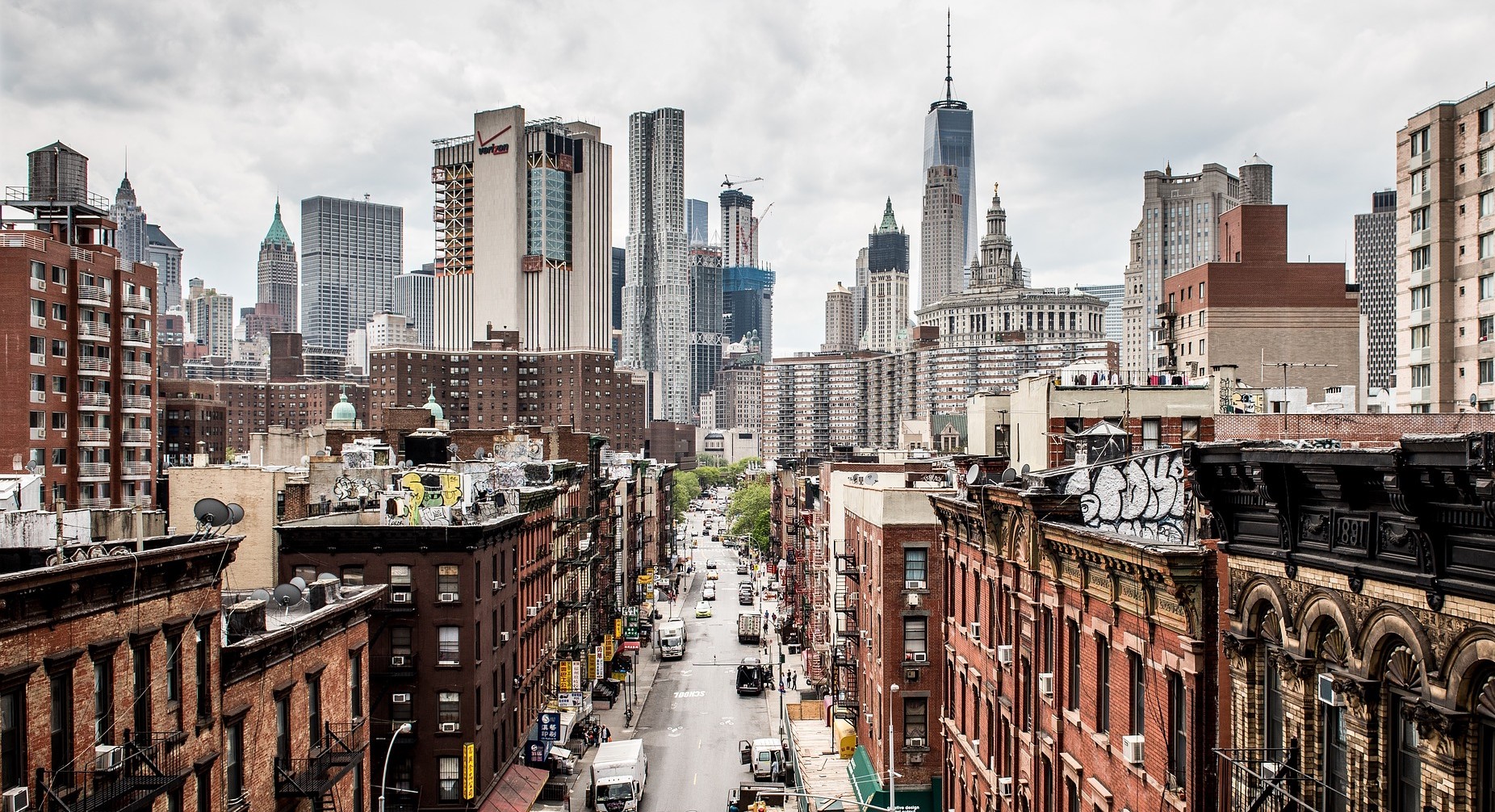For the first time this summer in Silicon Valley and beyond I’ve seen people looking hard at what I call “the ugly rhino truth” of tech industry’s superstars, the $1 Bn+ “unicorn” companies and even the “decacorns”($10 Bn+).
The academic world took the lead at it
Those hyper valuations appear more hype than science, in fact as Professor Ilya Strebulaev of Stanford Graduate School remarked at SVOD, fair market values may be 33 to 70% lower than the advertised (purported) post money valuation unicorns love to taut.
The San Francisco Chronicle already in May 2015 first wrote about those +1Bn valued companies, citing a Fenwick & West study:
- in May 2015, 35% of the companies Fenwick &West analyzed had valuations in the $1-1.1 billion dollar range,
- in the 4th quarter of 2015, 50% of the unicorns were in $1-1.1 Bn range
, indicating that the companies may have negotiated specifically to attain the unicorn level.
It’s Barbarians at the Gates with these rhinos.
That study also found investors were given 100% protection for subsequent down rounds if acquired, while only 30% were protected for post-IPO down rounds. Thus it can be reasonably inferred the unicorns were lowering investors protections for going public scenarios, knowing they could easily go public at lower valuations, given their unrealistic valuations.
Next, Prof. A. Damodaran of NYU Stern School analyzed Uber’s considerable cash burn. You can’t burn through cash forever.
“The cash flows stay negative over the next ten years. In this [malignant] scenario, it is very unlikely that Uber will make it to year 10 or even year 5, as capital providers will balk at feeding the cash burn machine?” Well, Uber has made it through Year 7, and burned through at least $1.2 Bn the first part of 2016
After discounting the PV of negative cash flows (dilution effect) today, Prof. Damodaran finds the value of Uber’s operating assets to be $21 Bn (assuming Uber has a zero chance of failing).
Prof. Damodran re-valued Uber from last year at $28 Bn which takes into account Uber’s 20% ownership in the Chinese ride-sharing giant Didi. A long way to go to $62.5 Bn (Uber latest valuation raise, Dec. 2015)
Understanding its limited options, Uber wants to eliminate drivers and eventually replace them with self-driving cars. Is Uber a ride-sharing (logistics) company ? A software company ? What multiple does an investment bank (i.e. Goldman Sachs) use to value Uber, which is clearly a hybrid logistics company ? I’ll answer that next.




Partner Fund Management, a San Francisco-based hedge fund that invested $96 million in Theranos back in 2014, is suing the blood-testing startup and its founder, Elizabeth Holmes, for a "series of lies, material misstatements, and omissions” accusing the firm of engaging in “securities fraud and other violations by fraudulently inducing” to invest and to maintain its investment in the company. At that time (2014) unicorn Theranos was valued at $9 Bn.
https://techcrunch.com/2016/10/10/a-hedge-fund-is-now-suing-theranos-citing-lies-material-misstatements-and-omissions/
Tiny bits and pieces are starting to come out: Average unicorn valued 51% above fair value. https://www.pehub.com/vc-journal/average-unicorn-valued-51-percent-above-fair-value-study-finds/
Tell me if this makes sense: re: Rubicon Global (aka the Uber for waste management)
https://www.sec.gov/Archives/edgar/data/1543263/000154326317000005/xslFormDX01/primary_doc.xml